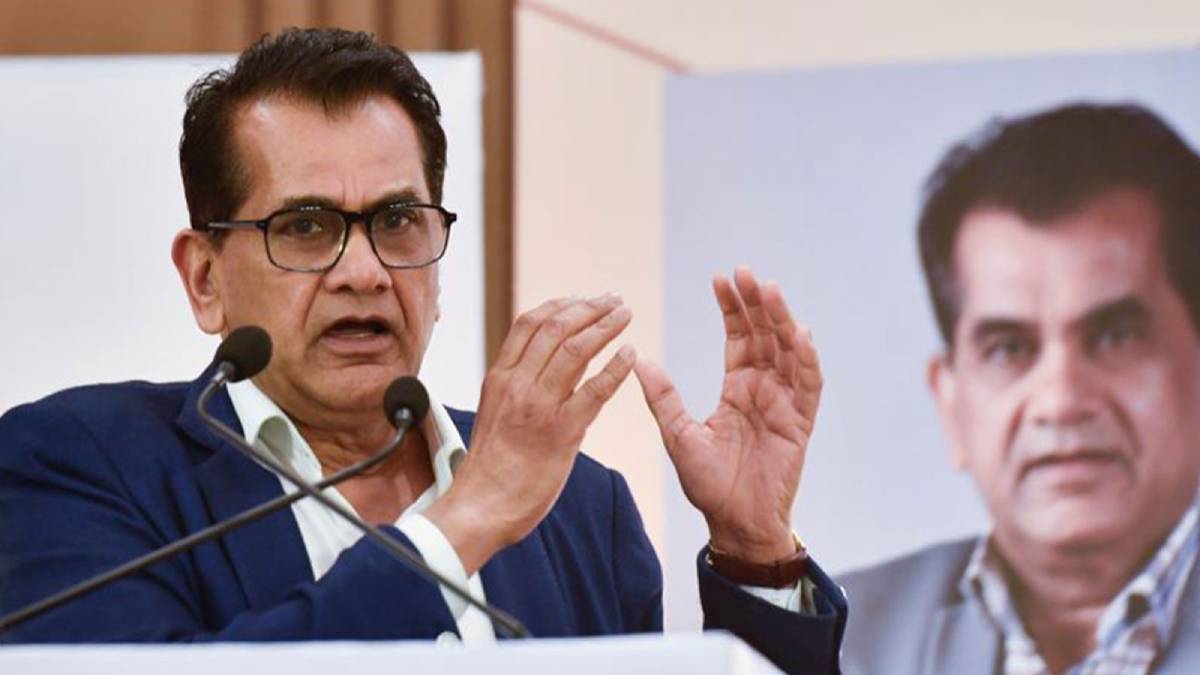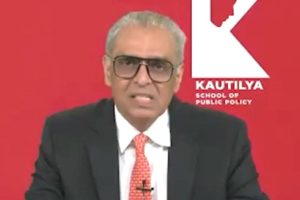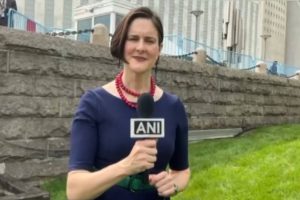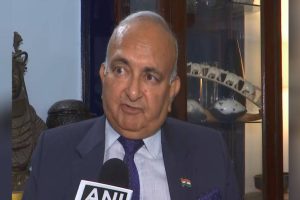Former NITI Aayog CEO and ex-G20 Sherpa Amitabh Kant has described U.S. President Donald Trump’s H-1B visa overhaul as a potential boon for India’s innovation ecosystem, asserting that the new USD 100,000 fee per visa will limit U.S. foreign talent inflows and redirect global expertise to India’s technology hubs, including Bangalore, Hyderabad, Pune, and Gurgaon.
In a post on X, Kant highlighted that the restrictive visa policy offers India’s top doctors, engineers, scientists, and innovators a greater chance to contribute to national development and progress towards a ‘Viksit Bharat’, calling the situation “America’s loss” but “India’s gain.”
“Donald Trump’s 100,000 H-1B fee will choke U.S. innovation, and turbocharge India’s. By slamming the door on global talent, America pushes the next wave of labs, patents, innovation and startups to Bangalore and Hyderabad, Pune and Gurgaon. India’s finest doctors, engineers, scientists, innovators have an opportunity to contribute to India’s growth & progress towards Viksit Bharat. America’s loss will be India’s gain,” Kant wrote.
The proclamation, titled “Restriction on Entry of Certain Nonimmigrant Workers”, was issued on September 19 and takes effect September 21. It imposes steep annual fees on H-1B petitions to curb what the administration calls widespread abuse of the programme, particularly by IT outsourcing firms accused of displacing American workers and suppressing wages.
Entrepreneur Kunal Bahl, former CEO of Snapdeal, also noted that the new regulations may prompt a significant number of skilled professionals to return to India.
“Because of the new H1B rules, a tremendous number of talented individuals are going to be headed back to India. It will no doubt be tough in the beginning to move base, but will work out for them given the tremendous opportunities in India. The talent density in India is going up,” Bahl said.
Analysts predict that the fee hike could disrupt the traditional U.S. tech arbitrage model, where Indian engineers work onsite in America, while boosting the growth of Global Capability Centres (GCCs) in India.
The Trump administration maintains that the H-1B programme’s original purpose—to attract highly skilled foreign talent—has been undermined by low-wage, entry-level hires that adversely affect American graduates. The proclamation also cited national security concerns, including investigations into visa fraud and money laundering linked to firms relying heavily on H-1B workers.
Under the new rules, employers must provide proof of payment of the USD 100,000 fee when filing H-1B petitions, with enforcement overseen by the U.S. Departments of State and Homeland Security. Limited exemptions will be considered for cases deemed in the national interest.





